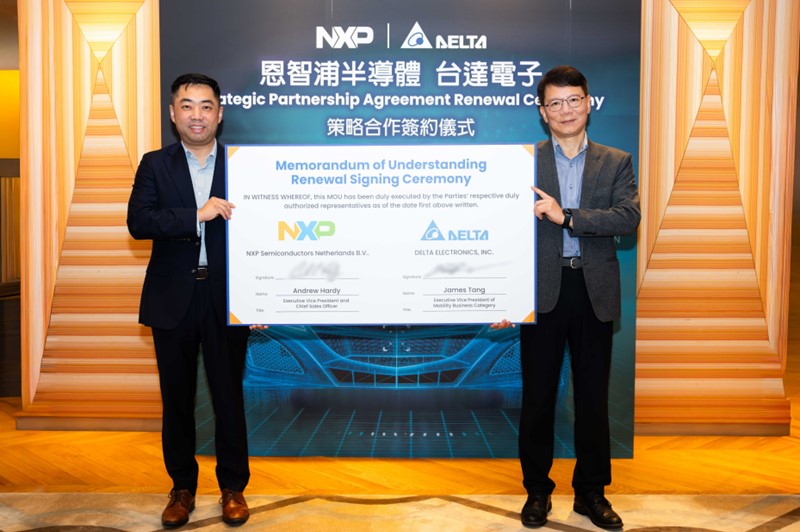
Delta develops AI-based technology to inspect the abnormal noise of motors, aiming for 100% accuracy in motor quality inspection.

Delta adopts AI technology for motor abnormal noise inspection, which can even successfully detect minor defects. The defect detection rate can reach nearly 100%.

Delta leverages AI technology to effectively discover and analyze motor abnormalities. The technology, which is already applied on Delta’s production lines, has successfully raised the detection rate.







